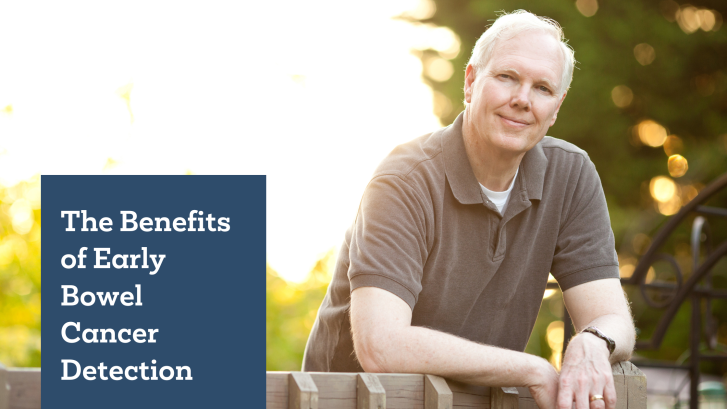Bowel cancer, also known as colorectal cancer, is one of the most common cancers in New Zealand, with thousands of new cases diagnosed each year. Despite these numbers, there’s good news: when detected early, bowel cancer is highly treatable, leading to significantly better survival rates. Early detection through regular bowel cancer screening is a key component in catching the disease at a stage where treatment is most effective.
Why Early Detection Matters
Early detection of bowel cancer can make a world of difference. When cancer is identified in its initial stages, treatment options are more varied and less invasive, often leading to better outcomes. In fact, statistics show that more than 90% of bowel cancer cases can be successfully treated if caught early. This is because early-stage cancers are typically confined to the bowel, making them easier to remove and less likely to have spread to other parts of the body.
On the other hand, when bowel cancer is detected at a later stage, treatment becomes more complex, and survival rates drop considerably. The cancer might have spread to nearby organs or lymph nodes, requiring more aggressive treatment methods such as extensive surgery, chemotherapy, or radiation.
Health Benefits of Regular Screening
Regular bowel cancer screening is a powerful tool in the fight against cancer. By participating in regular screening, you can detect potential issues before they develop into serious health concerns. Screening tests, such as the at-home bowel screening test, are designed to identify small amounts of blood in your stool, which can be an early sign of cancer. These tests are non-invasive, simple to use, and can be done in the privacy of your own home.
The benefits of regular screening go beyond just early detection. Routine testing can also help identify pre-cancerous growths, such as polyps, which can be removed before they develop into cancer. This proactive approach not only saves lives but also reduces the need for more invasive procedures later on.
Survival Rates and Early Screening
New Zealand’s bowel cancer survival rates have improved over the years, thanks in large part to increased awareness and regular screening. For example, the five-year survival rate for bowel cancer is over 90% when detected at the earliest stage, compared to just 14% when found at an advanced stage. These numbers highlight the critical importance of catching bowel cancer early.
In addition to improving survival rates, early detection and treatment can significantly enhance the quality of life for those diagnosed. By catching the disease early, patients are more likely to maintain their normal lifestyle during and after treatment, reducing the physical and emotional toll of more aggressive treatments required for advanced cancer.
How to Get Started with Bowel Cancer Screening
If you’re over the age of 50, or if you have a family history of bowel cancer, it’s especially important to consider regular screening. Many Kiwis are eligible for free or subsidised screening tests, and there are also reliable at-home bowel screening kits available that make the process even easier.
Using an at-home bowel screening test is simple. After receiving your kit, you follow the easy instructions to collect a small sample of your stool, and results are available on the test after 5 minutes. If you see a positive result consult your doctor.
Bowel cancer is a serious health concern in New Zealand, but with regular screening and early detection, we can significantly improve survival rates and outcomes. By taking a proactive approach to your health, you can catch potential issues early and take action before they become life-threatening. Don’t wait until it’s too late – consider regular bowel cancer screening as part of your healthcare routine.
Remember, early detection saves lives. Encourage your friends, family, and loved ones to get screened today.


